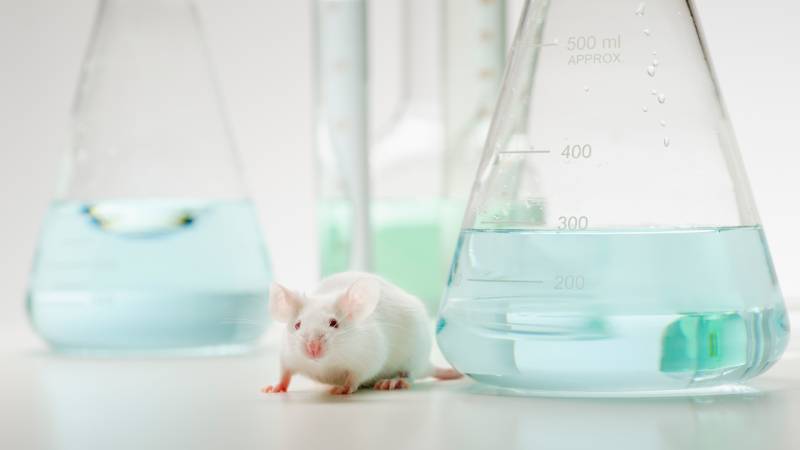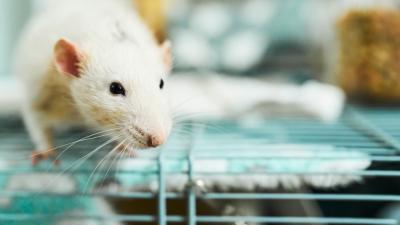In Capitol Hill Event, Rep. Don Davis, NIH Deputy Director, and Johns Hopkins Scientist Discuss Replacing Animal Experiments and Increasing Public Transparency

WASHINGTON, D.C.—In a Capitol Hill briefing held today for congressional staff, Rep. Don Davis (D-N.C.) was joined by a deputy director from the U.S. National Institutes of Health (NIH) and other experts to discuss the importance of replacing animal experiments and increasing public transparency on the issue. The event, hosted by the medical ethics nonprofit Physicians Committee for Responsible Medicine, focused on the Federal Animal Research Accountability Act (H.R. 3295), which would require that the NIH collect and publish accurate information on the number of animals used in agency-funded laboratories. Rep. Davis is a lead sponsor for the bill along with Reps. Nicole Malliotakis (R-N.Y.) and Jen Kiggans (R-Va.).
Rep. Davis said they were there today “because we share a common goal, and that’s the common goal of safeguarding taxpayer dollars and creating a brighter future for our four-legged friends.”
Speakers at today’s event included NIH Acting Deputy Director Nicole Kleinstreuer, PhD; Thomas Hartung, MD, PhD, director of the Center for Alternatives to Animal Testing at Johns Hopkins Bloomberg School of Public Health; Kathy Hessler, assistant dean for animal legal education at the George Washington University Law School; and Physicians Committee for Responsible Medicine Director of Research Advocacy Ryan Merkley.
“This event emphasized how scientists, the NIH, and Congress can work together to replace animal experiments and advance public health,” said Merkley. “That work must include tracking the number of animals used in taxpayer-funded experiments.”
The Federal Animal Research Accountability Act was introduced in May, just days after the NIH announced in April plans to advance human-based research and reduce and replace animal experiments. The bill would require all facilities receiving funds from the Public Health Service, including the NIH, to annually report the numbers of animals used each year. The NIH would then post those forms online for public access.
In addition to the Physicians Committee, the new legislation is endorsed by more than 20 other organizations and companies, including the Johns Hopkins Toxicology Policy Program, the Animal Welfare Institute, the Government Accountability Project, the Institute for In Vitro Sciences, and the National Freedom of Information Coalition.
Media Contact
Leslie Raabe
202-527-7319
lraabe[at]pcrm.org
Founded in 1985, the Physicians Committee for Responsible Medicine is a nonprofit organization that promotes preventive medicine, conducts clinical research, and encourages higher standards for ethics and effectiveness in education and research.







